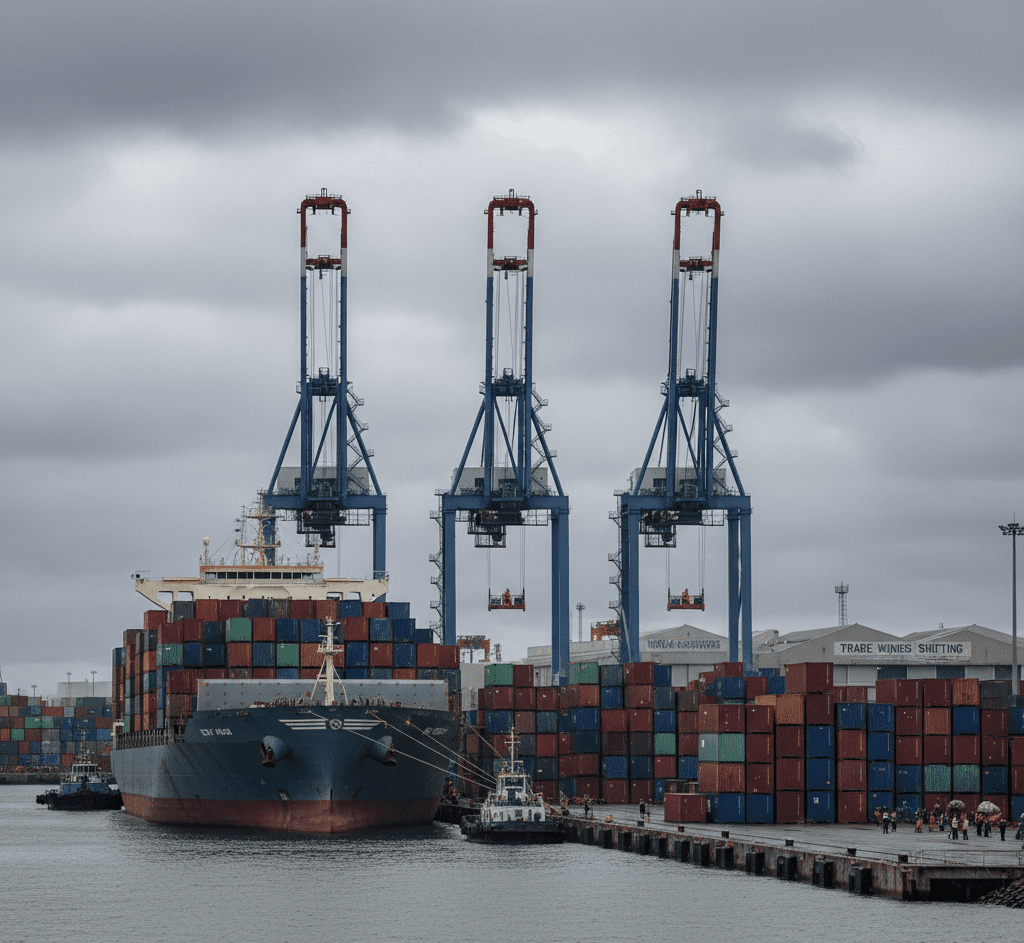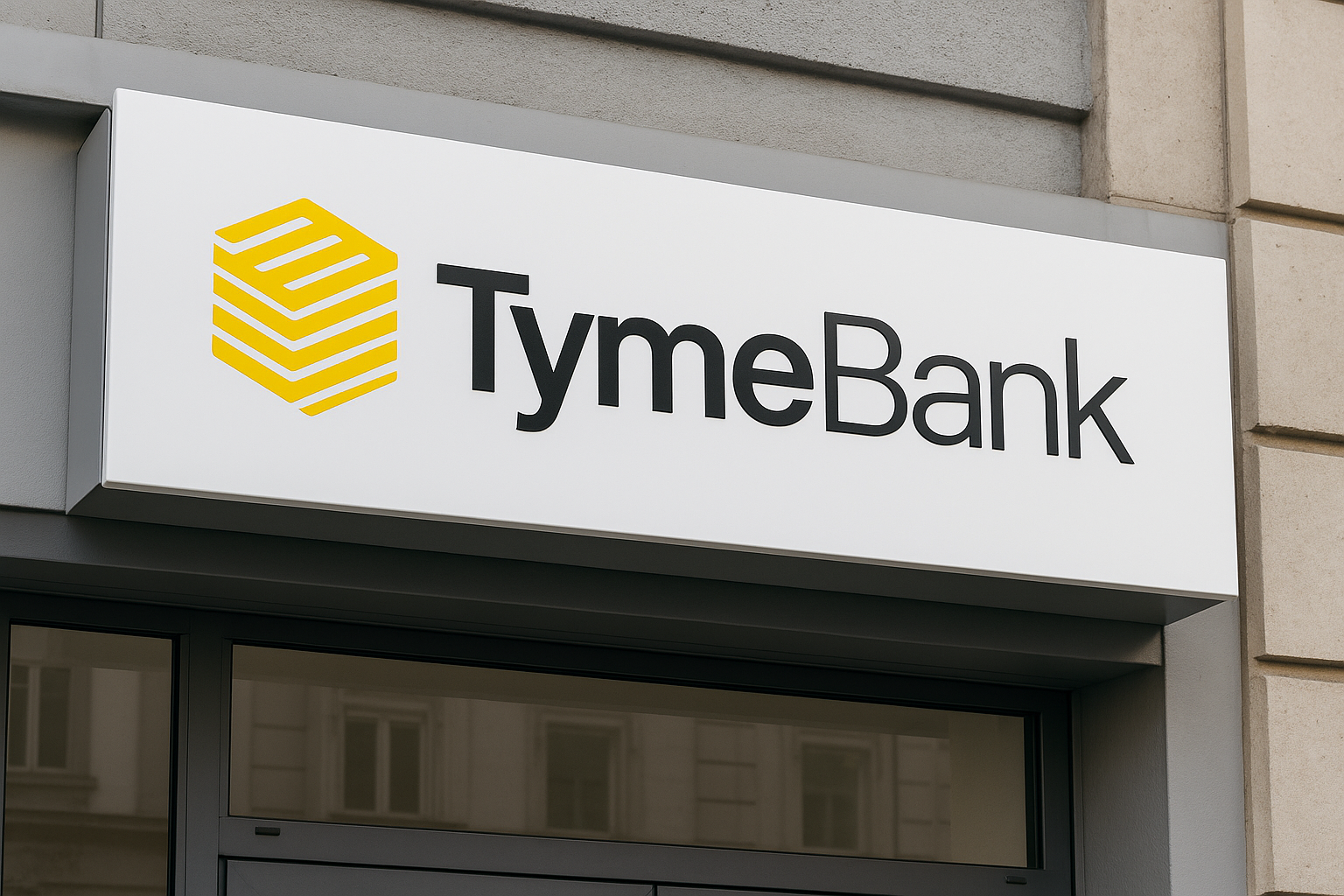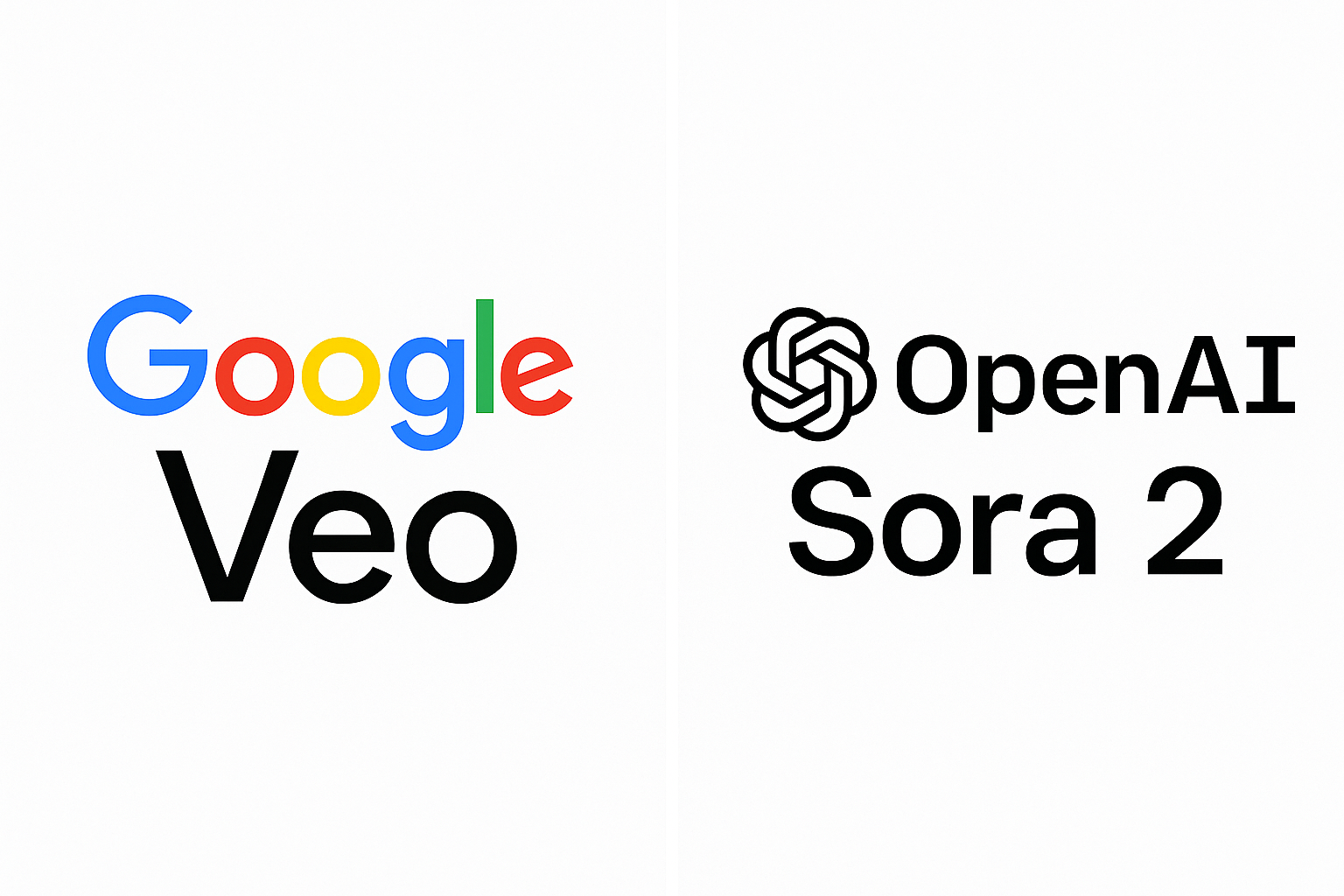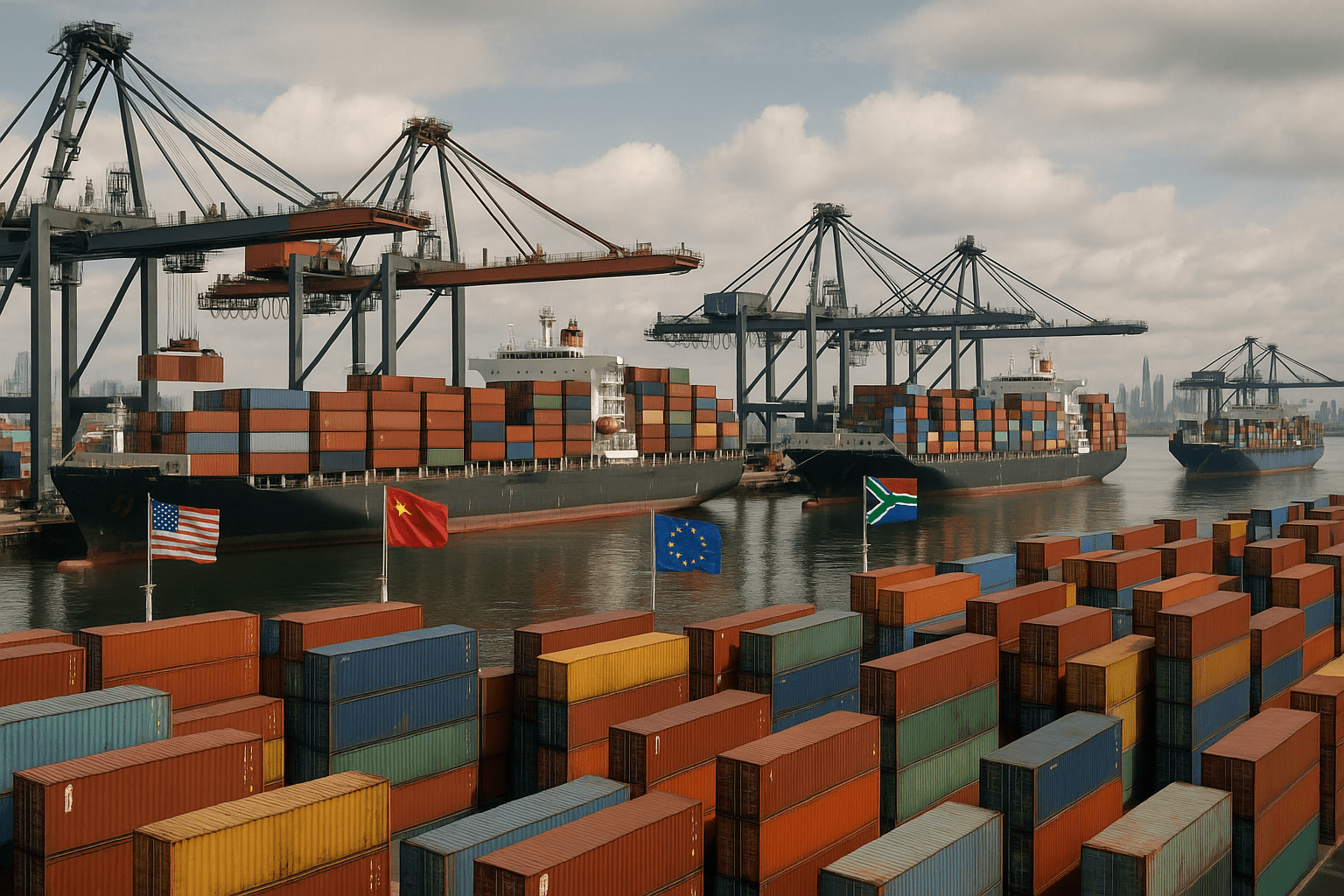Why Cape Town Is Becoming the Silicon Valley of Africa

Why Cape Town Is Becoming the Silicon Valley of Africa
Imagine this: the aroma of artisanal coffee fills the air in a bustling Woodstock co-working space, where innovative developers are meticulously crafting the next fintech unicorn, all framed by the majestic backdrop of Table Mountain. This isn’t a speculative future for Cape Town; it’s the thriving new reality of Africa’s rapidly ascendant tech capital. While global attention has often fixated on established tech giants, the Mother City has been strategically cultivating a dynamic ecosystem, now widely recognized as “Africa’s Silicon Valley.” This transformation isn’t just aspirational; it’s validated by concrete numbers and a unique confluence of factors that are truly redefining African innovation.
The Mother City has quietly been building something extraordinary. While the world focused on Silicon Valley’s established giants, Cape Town was laying the groundwork for what many now call “Africa’s Silicon Valley.” And the numbers don’t lie. The Cape Town-Stellenbosch corridor contains approximately 450 tech firms employing more than 40,000 people, making the ecosystem significantly larger than Nairobi and Lagos combined, as per various tech ecosystem reports. But here’s what makes this transformation truly remarkable – it’s not just about the numbers. It’s about how Cape Town is rewriting the playbook for African innovation.
The Perfect Storm: What Makes Cape Town Special
Infrastructure That Actually Works
Let’s be honest – reliable electricity and internet aren’t luxuries in tech; they’re necessities. Cape Town gets this. Google’s new Equiano undersea fibre optic cable is being laid in Cape Town, cementing the metropolis’ position as Africa’s technology hub. The tech giant is investing approximately ZAR 2.2 billion (about USD 120 million) to provide South Africa with high-speed internet, a clear signal of confidence in the city’s digital future. This isn’t just another infrastructure project. It’s Google betting big on Cape Town’s future. When a company that literally maps the world’s internet chooses your city as its African hub, you know something special is happening.
The city’s Mediterranean climate doesn’t hurt either. While other tech hubs battle extreme weather, Cape Town offers year-round working conditions that make those late-night coding sessions a bit more bearable, contributing to a high quality of life that attracts and retains top talent.
The Talent Pipeline Revolution: Nurturing Homegrown Genius
Here’s where Cape Town gets really interesting. The University of Cape Town (UCT) and Stellenbosch University have been consistently producing world-class computer science graduates for decades, with their computer science departments often ranking among the top in Africa. However, what’s transformative now is that these graduates are increasingly choosing to stay within the local ecosystem. Why? Because the opportunities are finally here, underpinned by a robust educational landscape that extends beyond traditional universities.
Beyond the acclaimed university programmes, a new wave of tech bootcamps and coding academies is rapidly upskilling a diverse talent pool. Institutions like HyperionDev, in partnership with Stellenbosch University, WeThinkCode_ (known for its tuition-free model attracting diverse candidates), Le Wagon Cape Town, and Explore Data Science Academy are training thousands of new developers, data scientists, and cybersecurity specialists annually. These agile, industry-aligned programmes ensure a continuous supply of job-ready talent, addressing specific skill gaps and fostering a culture of practical innovation.
Companies like Yoco, which processes payments for over 100,000 small businesses across South Africa, started right here in Cape Town. So did Luno, one of the world’s leading cryptocurrency platforms. These aren’t just successful startups – they’re proof that Cape Town can nurture companies from garage startup to global powerhouse, often leveraging this rich, increasingly diverse, local talent.
The Numbers Tell the Story: Investment, Jobs, and Global Recognition
More than R6.4 billion (approximately USD 350 million) in investments and over 15,000 jobs were directly secured in 2024 alone through the city’s investment programmes, as reported by Invest Cape Town. But investment money is just part of the equation. What matters more is what’s being built with that capital:
- The Fintech Explosion: Cape Town’s Fintech sector is a powerhouse. The top three Fintech startups in Cape Town have raised more than USD 343 million collectively. According to StartupBlink, Cape Town’s startup ecosystem ranks #82 globally for the Fintech industry, and it is a leading city for payments technology. Not bad for a city that most people still associate with wine and tourism.
- Job Creation at Scale: Those 40,000+ tech jobs represent real families, real careers, and real economic transformation. These aren’t temporary gig economy positions – they’re the kind of high-value jobs that build generational wealth and contribute to the region’s overall prosperity.
- Global Recognition: In 2023, according to data provided by StartupBlink, Cape Town was the best city for startups in South Africa, with a total score of 5.19, ranking 136th worldwide. While Johannesburg saw a surge in 2024, Cape Town maintains its strong position as a global tech hub. Climbing from obscurity to global recognition in just a few years is no small feat.
The Secret Sauce: Cape Town’s Competitive Edge
Cost Advantage Without Compromise
Here’s something Silicon Valley can’t compete with – affordability. A world-class developer in Cape Town costs a fraction of their San Francisco counterpart, often 3-5 times less, without sacrificing quality. This isn’t a race to the bottom; it’s a smart arbitrage play that savvy international companies are finally waking up to. Office space in Cape Town’s trendiest tech districts costs less per month than a week in prime San Francisco real estate. For startups burning through runway, this math is compelling, allowing them to extend their capital and focus on growth.
Time Zone Magic
Cape Town operates in GMT+2, putting it perfectly positioned to serve both European and Middle Eastern markets during their business hours, while still maintaining reasonable overlap with Asia-Pacific regions. For global companies seeking efficient communication and seamless collaboration, this positioning is gold.
Cultural Fusion Advantage
Cape Town’s multicultural environment creates something unique – a tech ecosystem that understands both Western business practices and diverse African market realities. This cultural fluency is invaluable when building products for diverse global markets and navigating complex consumer landscapes.
The Ecosystem Players: Driving Growth and Innovation
Accelerators and Incubators
The city has developed a sophisticated support network for early-stage companies. Programmes like Startupbootcamp Cape Town and others offer intensive 5-month programmes that often come with capital investment ranging from $250,000 to $1.5 million. In addition to the funding, successful startups receive mentorship and coaching from in-country and international business leaders, investors, and experts. This isn’t just about money – it’s about creating a comprehensive support system that significantly increases the odds of startup success.
Corporate Innovation
Major corporations are taking notice. Beyond Google’s massive infrastructure investment, companies across sectors are establishing innovation labs and development centres in Cape Town. They’re not just outsourcing – they’re genuinely innovating, leveraging the local talent and dynamic environment to develop new products and services.
Government Support
The Western Cape government has been remarkably proactive in supporting the tech ecosystem, transitioning from general advocacy to concrete, strategic interventions. Through initiatives like Invest Cape Town, the city actively facilitates foreign direct investment and provides streamlined business registration processes for tech companies. Specific programmes, such as the Western Cape’s Growth For Jobs Strategy, prioritize the tech sector with innovation-friendly policies, support for digital infrastructure, and skills development funding. Their commitment to treating tech development as a strategic priority, rather than an afterthought, is evident in public-private partnerships aimed at accelerating ecosystem growth and overcoming regulatory hurdles. This proactive stance ensures a fertile ground for startups to not just launch, but thrive and scale.
Fostering Diversity and Inclusion
Crucially, Cape Town’s tech ecosystem is increasingly recognising the importance of diversity and inclusion. Organisations like Women in Tech South Africa are actively working to close the gender gap and encourage more women into STEM fields through workshops, mentorship, and networking. Initiatives focused on empowering historically disadvantaged individuals and bridging the digital divide are gaining traction, aiming to ensure that the benefits of this tech boom are equitably distributed across all communities. This commitment to an inclusive growth model is not just socially responsible but also fosters a richer, more innovative environment by bringing diverse perspectives to problem-solving.
Real Companies, Real Success Stories
Let’s talk about companies you can actually use today:
- Yoco revolutionized payments for South African small businesses. What started as a Cape Town startup now processes millions of transactions monthly, empowering entrepreneurs across the nation. Their card readers are everywhere – from township spaza shops to trendy Camps Bay restaurants.
- Luno made cryptocurrency accessible to ordinary South Africans when Bitcoin was still considered niche. Today, it serves millions of users across multiple countries, democratising access to digital assets.
- Takealot, often called “South Africa’s Amazon,” started here and has fundamentally changed how South Africans shop online, becoming a dominant e-commerce player.
- Beyond these giants, innovative startups like Akiba Digital (revolutionising access to credit) and Naked Insurance (AI-driven insurance) are further solidifying Cape Town’s reputation as a hub for real-world solutions.
These aren’t just success stories – they’re proof that Cape Town can create global-scale companies that solve real problems and create significant economic impact.
The Challenges (Because Every Silicon Valley Has Them)
Load Shedding Reality
Let’s address the elephant in the room. South Africa’s electricity challenges (load shedding) have impacted Cape Town too. But here’s what’s interesting – the tech community has adapted faster and more comprehensively than anyone else. Backup power solutions, solar installations, and distributed working arrangements have become standard practice, showcasing remarkable resilience. Many tech hubs in Cape Town are equipped with robust generators and inverter systems, ensuring continuity of operations even during prolonged outages. Some argue this forced innovation has actually strengthened Cape Town’s tech resilience compared to other regions, fostering a culture of self-reliance and creative problem-solving.
Skills Gap in Specialized Areas
While Cape Town produces excellent general software developers, specialized skills in areas like advanced AI/ML, blockchain architecture, and cybersecurity are still developing to meet burgeoning demand. The good news? Several universities and private training providers, like Explore Data Science Academy and HyperionDev, are rapidly scaling up these programmes, often in collaboration with industry, to bridge these gaps.
Access to Growth Capital
Seed funding is increasingly available, particularly from local angel networks and early-stage VCs. However, Series A and beyond remain challenging for many promising companies, often requiring them to look abroad for major growth rounds. This landscape is, however, changing as more international VCs establish a local presence or dedicated Africa funds, recognizing the significant opportunities within the ecosystem.
What’s Next: The Future Looks Bright
The Remote Work Revolution
COVID-19 changed everything about how we think about work location. Cape Town’s timezone advantages, exceptional quality of life, and competitive cost benefits make it incredibly attractive for remote-first companies and distributed teams. This global shift further strengthens Cape Town’s appeal as a prime location for tech talent and innovation, drawing professionals and companies from around the world seeking an optimal blend of work and lifestyle.
Beyond Fintech: Diversifying the Tech Landscape
While FinTech remains a dominant sector, Cape Town is also seeing significant growth in other areas. The city is rapidly emerging as a hub for EdTech, with solutions addressing educational access and quality across the continent. The Gaming industry is also gaining traction, with numerous indie studios and development houses contributing to a vibrant creative tech scene. HealthTech, green tech, and agri-tech are also showing promising signs of growth, indicating a diversified and robust future for Cape Town’s tech ecosystem.






